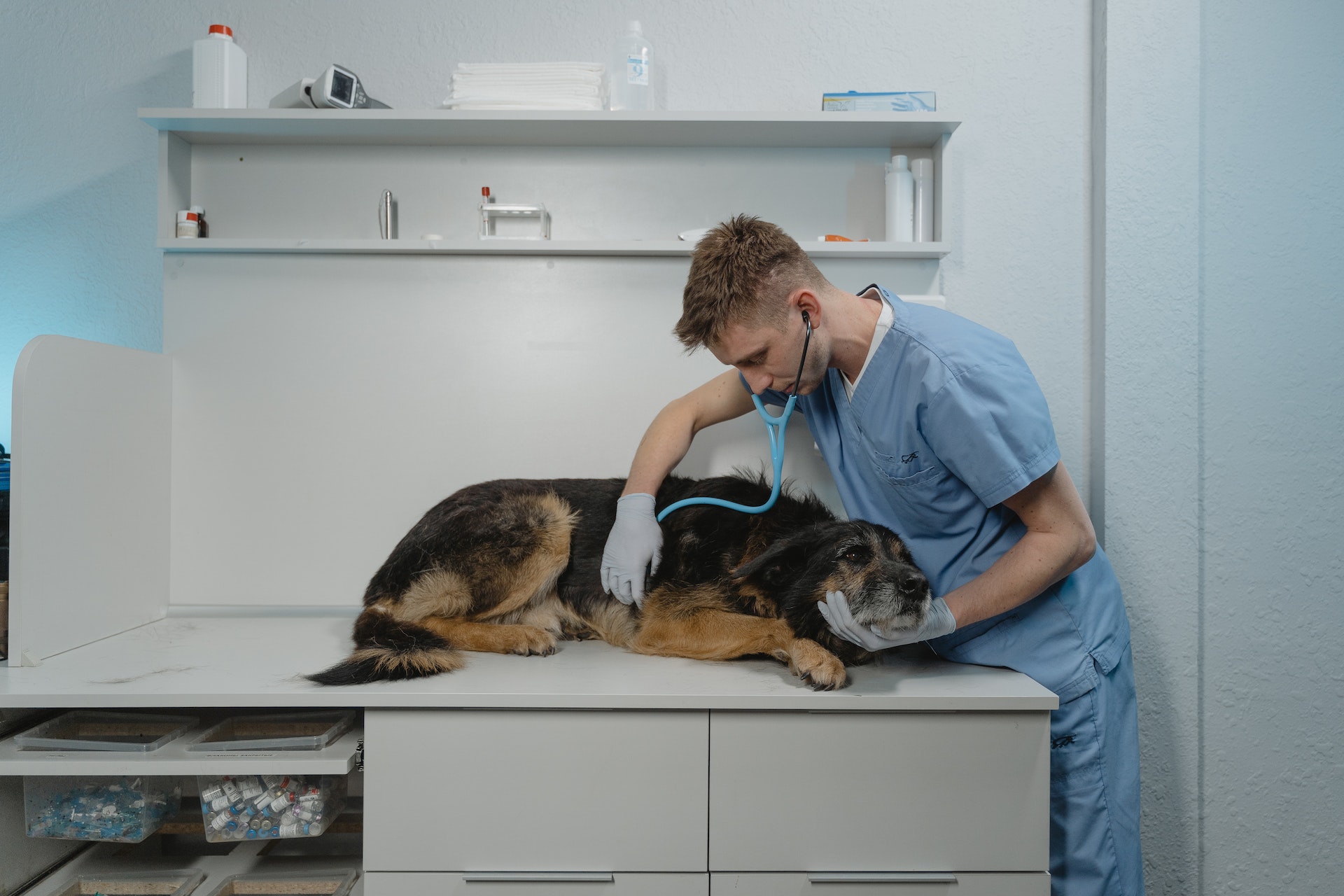 Are you concerned about your furry companion’s kidney health? If you recently discovered that your dog has kidney disease, don’t panic. There are ways to help your dog feel better, and a simple adjustment in their diet can have significant positive impacts on their health.
Are you concerned about your furry companion’s kidney health? If you recently discovered that your dog has kidney disease, don’t panic. There are ways to help your dog feel better, and a simple adjustment in their diet can have significant positive impacts on their health.
Kidney disease in dogs can occur suddenly from injury or toxin ingestion, or gradually due to aging, leading to acute or chronic kidney disease, respectively. This article focuses on chronic kidney disease, also known as chronic renal failure or chronic kidney failure.
The kidneys are responsible for filtering toxins from the bloodstream and balancing electrolyte levels. When the kidneys lose their filtering ability, toxins build up in the blood, and electrolyte levels become unbalanced.
One crucial step to take is to adjust your dog’s diet to a kidney-friendly one. The following are some tips that can help you make the necessary dietary changes:
Table of Contents
Prioritize Quality Protein Sources
While many resources suggest reducing protein as much as possible, this can weaken your dog’s muscle mass. Instead, prioritize high-quality sources of protein to minimize kidney strain. Balanced protein intake can reduce strain on the kidneys without compromising the dog’s overall health.
Lower Phosphorus Intake
Decreasing the amount of phosphorus in your dog’s diet is crucial in minimizing the side effects of kidney disease, such as fatigue, vitamin D deficiency, and reduced calcium absorption.
Reduce Sodium Intake
Reducing sodium intake in your dog’s diet is beneficial not only for kidney disease but also for maintaining normal blood pressure. High blood pressure can quickly develop when dealing with kidney disease.
Increase Omega-3 Intake
Omega-3s can benefit your dog in several ways. It has anti-inflammatory properties that reduce oxidative stress in the kidneys and improves heart, brain, joint, and skin health.
Promote Proper Hydration
Proper hydration is essential for dogs with kidney problems. Drinking more water can make it easier to flush out toxins, reducing the strain on the kidneys.
Add Vegetable-Based Carbohydrates
Dogs with kidney problems often struggle to maintain their weight. Carbohydrates can help with this, but instead of empty carbs, focus on carbohydrates from vegetables to provide additional vitamins for your dog.
Remember, small steps lead to huge changes, and making dietary changes for your dog can have a significant impact on their overall health, particularly in the case of kidney disease. Whole food ingredients are much better than kibble. Kibble often contains filler ingredients, chemicals, and preservatives, and the few whole food ingredients it does contain are often devoid of nutritional value due to the high heat used in processing. Fortunately, there are many convenient and healthy meal options available for dogs on a kidney-friendly diet.







